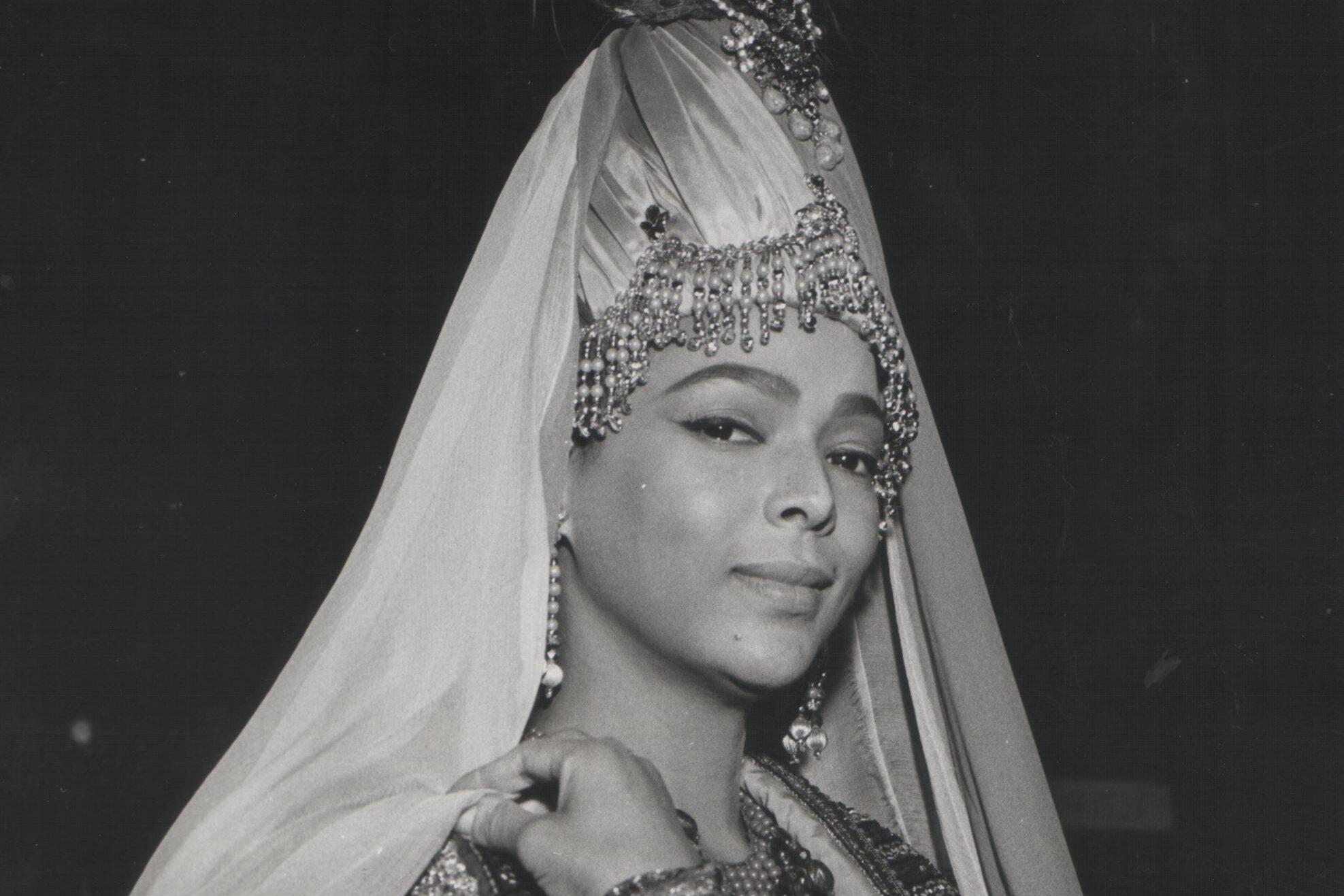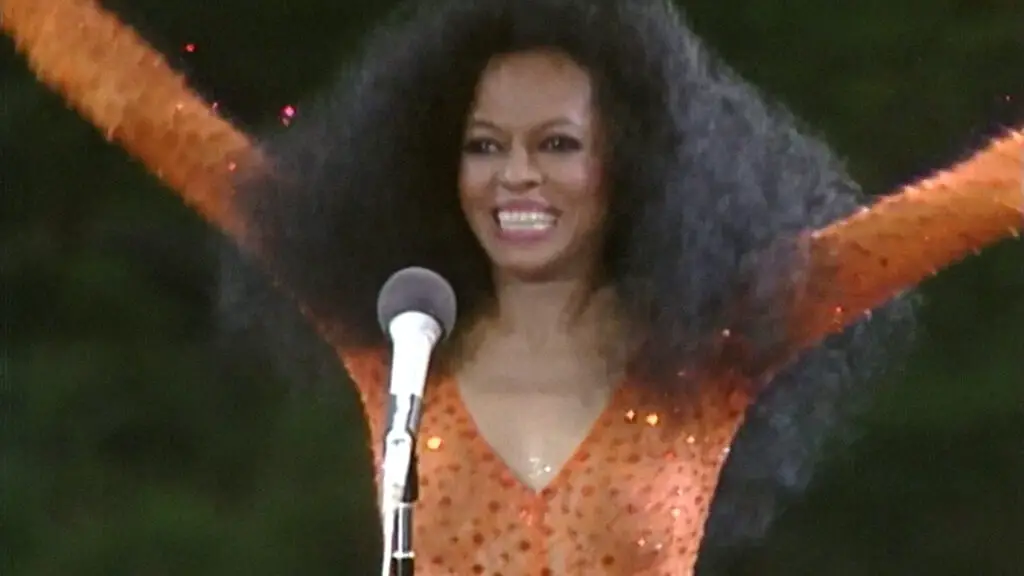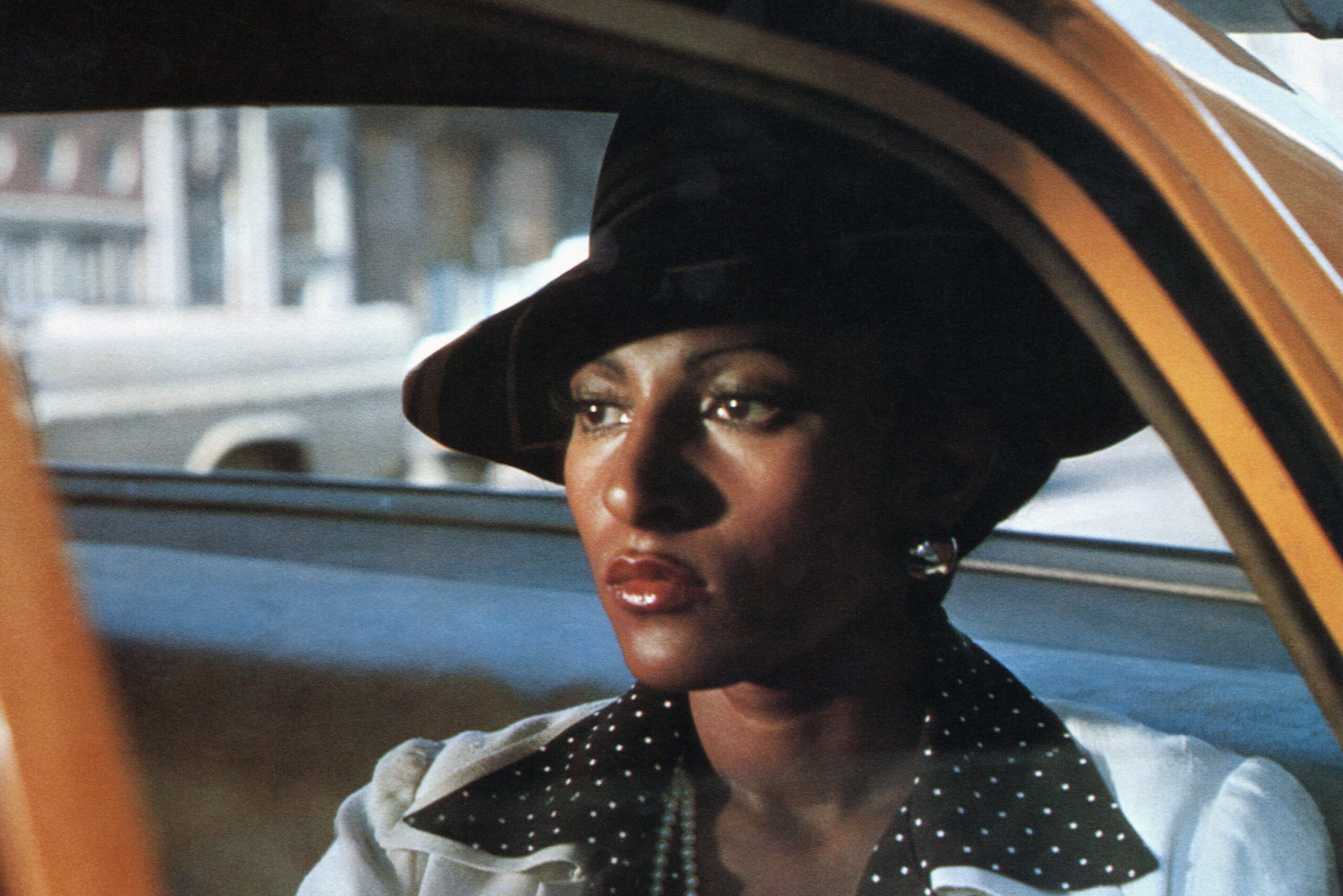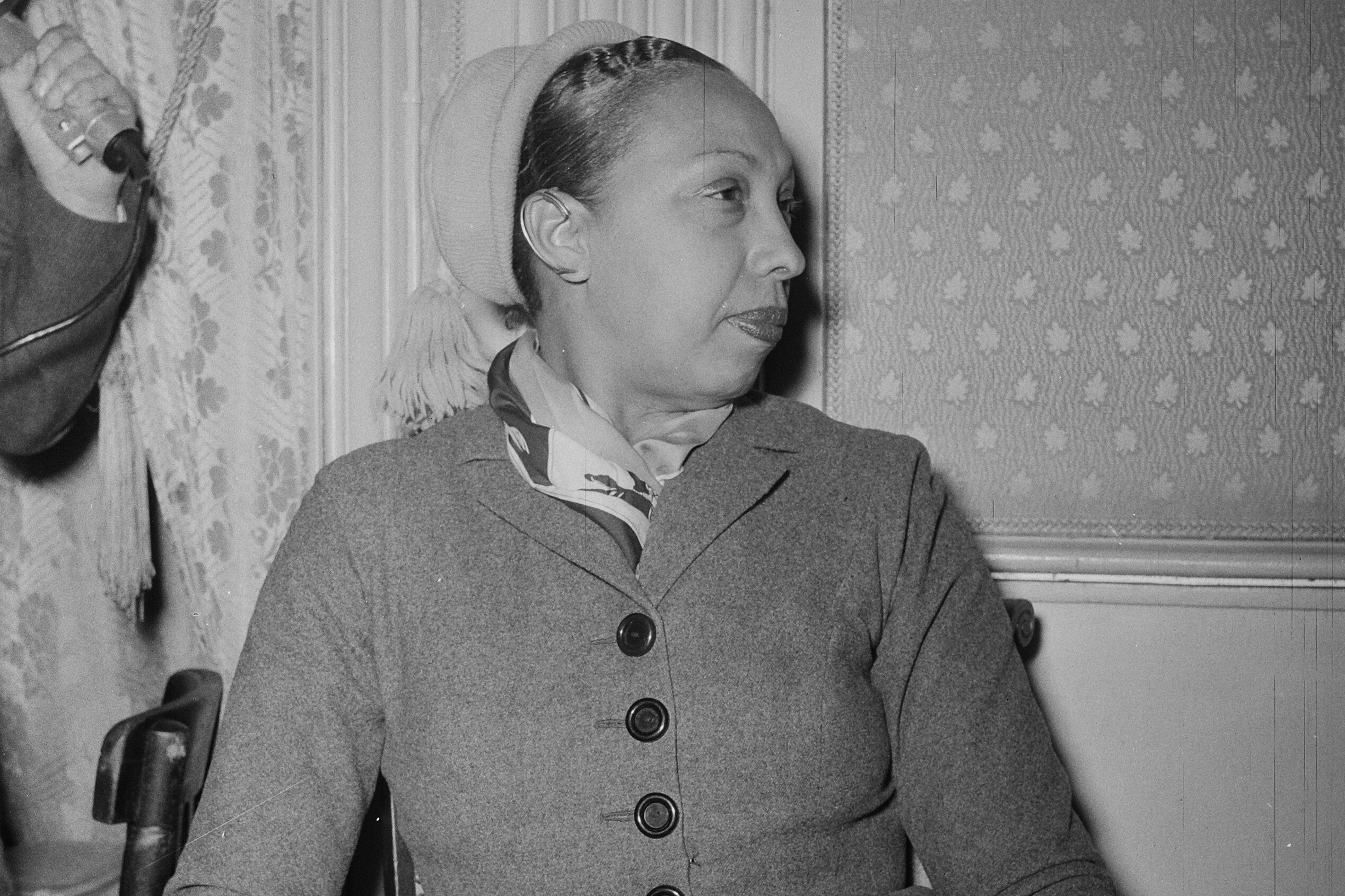1. Dorothy Dandridge: The Fashion Icon Who Redefined Glamour

Dorothy Dandridge wasn’t just a star on the screen—she was a fashion icon who had a major influence on the Hollywood style of the ’50s and ’60s. Known for her striking beauty and elegance, Dandridge often worked with top designers, but she had a unique style that combined high fashion with her own sense of flair. Despite her high-profile career, she never fully received the credit for how she impacted the fashion world, particularly in pushing the boundaries of what was considered glamorous for Black women says Vogue.
Her bold choices in gowns, from sleek evening dresses to more daring cuts, captivated the world. Dandridge’s style was a statement of confidence and sophistication that made her a trendsetter in Hollywood. Yet, due to racial barriers, her influence was often overshadowed by her white counterparts, leaving her as a forgotten muse in the history of fashion. Today, Dandridge’s legacy as a fashion trendsetter is being recognized as an essential chapter in both Black history and fashion history.
2. Diana Ross: The Diva Who Made Glamour Accessible

Diana Ross is synonymous with glamour, but her impact on fashion goes far beyond her dazzling stage presence. As the lead singer of The Supremes and a solo artist, Ross revolutionized how Black women were represented in the fashion world. Her voluminous hair, bold gowns, and unique ability to blend elegance with the everyday made her a style icon for multiple generations. However, her influence on fashion was often overshadowed by her fame in music and film shares WWD.
Ross’s looks became synonymous with confidence and luxury, inspiring both Black and white women to embrace more daring styles. From her feathered gowns to her sleek tuxedo looks, she became the ultimate muse for designers and fashion-forward individuals. Unfortunately, her contributions to fashion were not fully recognized at the time, as the fashion industry was slow to embrace diversity. Today, Diana Ross’s name is inseparable from the evolution of glamorous, inclusive fashion.
3. Pam Grier: The Queen of ’70s Style and Empowerment

Pam Grier became the face of ’70s fashion through her iconic roles in blaxploitation films, bringing a bold sense of style to the screen that resonated with a generation. From her powerful performances to her on-screen wardrobe choices, Grier became a symbol of confidence and independence for Black women. Her leather jackets, flared pants, and body-hugging dresses became emblematic of the ’70s feminist movement, yet she never received the full credit for how her fashion influenced mainstream style.
Grier’s look wasn’t just about the clothing—it was about how she carried herself, exuding strength and sensuality. Her bold, daring style inspired countless women to embrace their individuality and power. While her impact on fashion was undeniable, her contributions were often minimized by the predominantly white film industry. Today, she is celebrated not just as a trailblazer in cinema but also as a lasting figure in the evolution of Black fashion and empowerment.
4. Josephine Baker: The Fashion Revolutionary Who Redefined Elegance

Josephine Baker was one of the most groundbreaking performers and style icons of the early 20th century, yet her influence on fashion has been largely overlooked. Known for her risqué performances and groundbreaking work as a Black woman in Paris, Baker was a fashion icon who helped redefine the concept of femininity and beauty. Her flamboyant costumes and sense of personal style broke conventions, and she was often seen wearing exotic and avant-garde designs that combined cultural influences from around the world.
Baker’s relationship with fashion was not just about her costumes but also about how she used clothing as a form of self-expression. She wasn’t afraid to challenge societal norms with her daring looks and unapologetic individuality. While her contributions to fashion were overshadowed by her fame as a performer, Baker’s legacy as a style icon continues to inspire designers and fashion lovers who seek to break free from traditional beauty standards.
